House price growth picks up despite political uncertainty
Biggest monthly rise for 16 months but annual growth remains below 1%
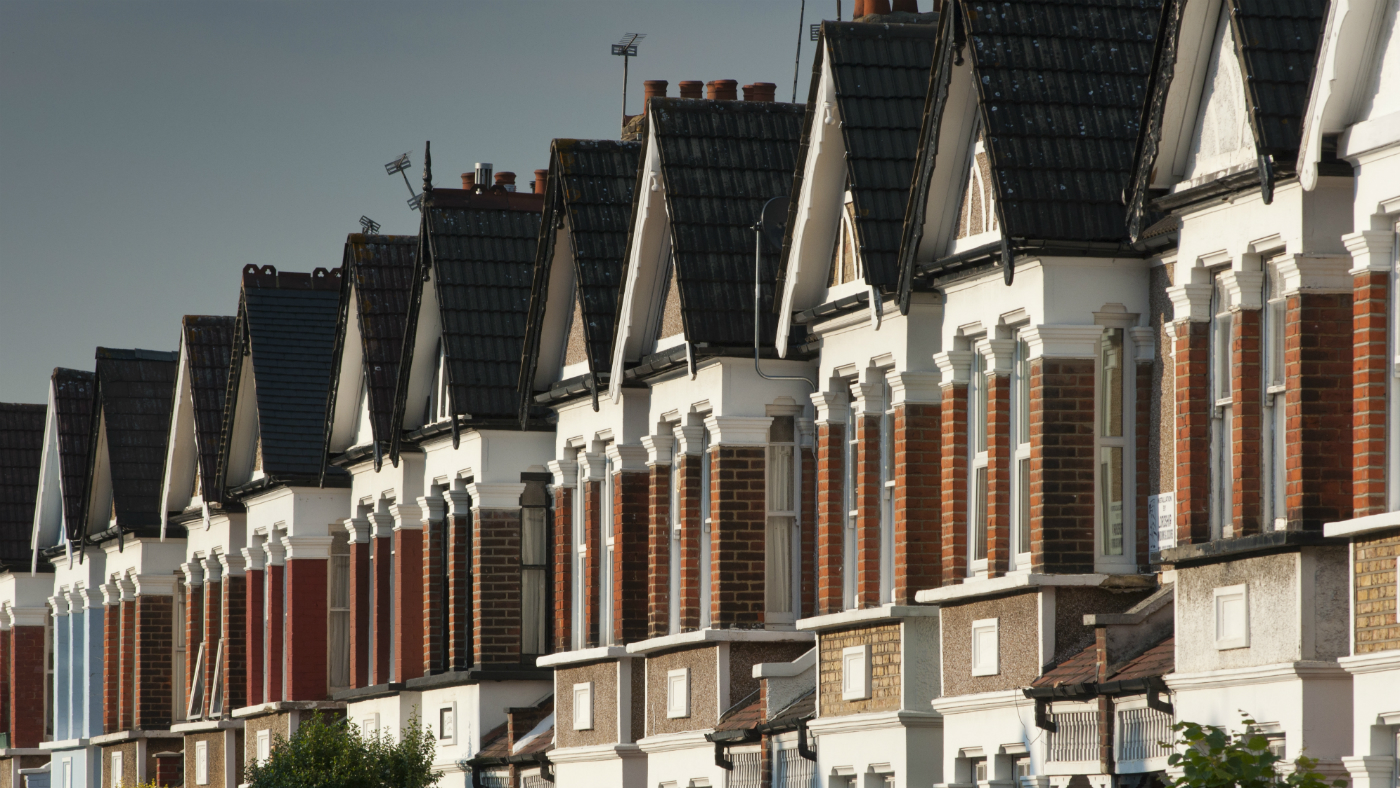
A free daily email with the biggest news stories of the day – and the best features from TheWeek.com
You are now subscribed
Your newsletter sign-up was successful
House price growth has picked up despite on-going economic and political uncertainty, with the biggest monthly rise since July 2018.
According to Nationwide building society, the average price of a home rose by 0.5% in November, up from 0.2% in October. The average price is now £215,734.
The annual growth rate picked up to 0.8% from 0.4%, the highest since April. However, this means it has been stuck below 1% for months, below the rate of inflation, at 1.5%, and wage growth of 3.6%. The BBC says the market is “relatively stagnant”.
The Week
Escape your echo chamber. Get the facts behind the news, plus analysis from multiple perspectives.

Sign up for The Week's Free Newsletters
From our morning news briefing to a weekly Good News Newsletter, get the best of The Week delivered directly to your inbox.
From our morning news briefing to a weekly Good News Newsletter, get the best of The Week delivered directly to your inbox.
Jonathan Samuels, chief executive of property lender Octane Capital, said: "The property market is hardly all guns-blazing but neither has it given up the ghost.
David Westgate, chief executive at Andrews Property Group, told City AM that the data showed that the market “still has some fight in it”.
It was a different story before the EU referendum in June 2016, when house prices were rising at an annual rate of around 5%.
The fate of Brexit will dictate how prices develop, according to Howard Archer, chief economic advisor to the EY ITEM Club forecasting group.
A free daily email with the biggest news stories of the day – and the best features from TheWeek.com
He predicted that if the general election delivers a decisive result and the UK leaves the EU with a deal by 31 January, prices could rise by 2% in 2020. However, if Britain leaves the EU without a deal, house prices could quickly drop by 5%, Archer predicted.
However, Robert Gardner, Nationwide’s chief economist, said: “Past general elections do not appear to have generated volatility in house prices or resulted in a significant change in house price trends. On the whole, prevailing trends have been maintained just before, during and after UK general elections.”
Last week a Reuters poll found that UK house prices are not expected to match low inflation until 2021 and are set to fall in London this year.
–––––––––––––––––––––––––––––––For a round-up of the most important business stories and tips for the week’s best shares - try The Week magazine. Start your trial subscription today –––––––––––––––––––––––––––––––
-
 What to know before filing your own taxes for the first time
What to know before filing your own taxes for the first timethe explainer Tackle this financial milestone with confidence
-
 The biggest box office flops of the 21st century
The biggest box office flops of the 21st centuryin depth Unnecessary remakes and turgid, expensive CGI-fests highlight this list of these most notorious box-office losers
-
 What are the best investments for beginners?
What are the best investments for beginners?The Explainer Stocks and ETFs and bonds, oh my
-
 Can Trump make single-family homes affordable by banning big investors?
Can Trump make single-family homes affordable by banning big investors?Talking Points Wall Street takes the blame
-
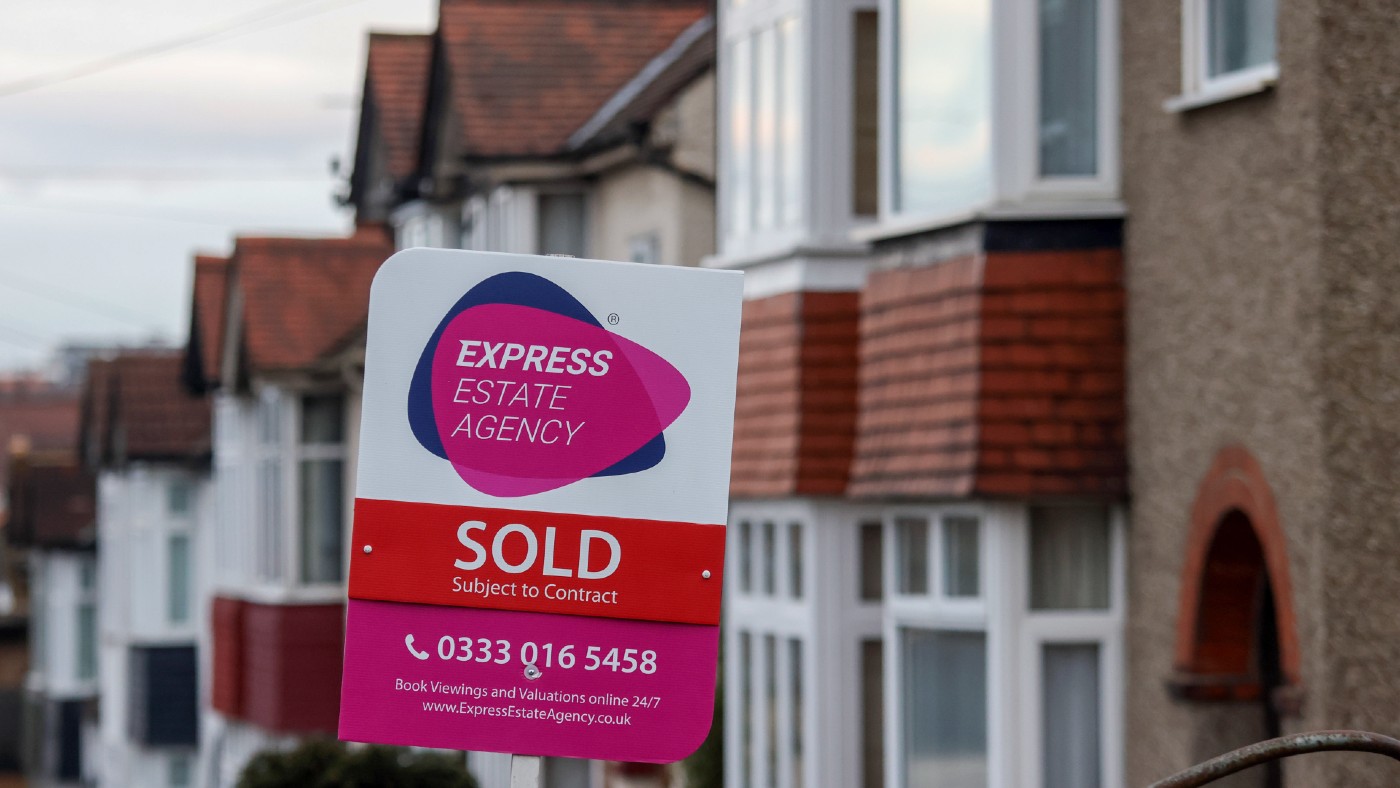 UK house prices fall at fastest rate for nearly 14 years
UK house prices fall at fastest rate for nearly 14 yearsSpeed Read First-time buyers may welcome the news but higher than expected inflation means mortgage costs remain an issue
-
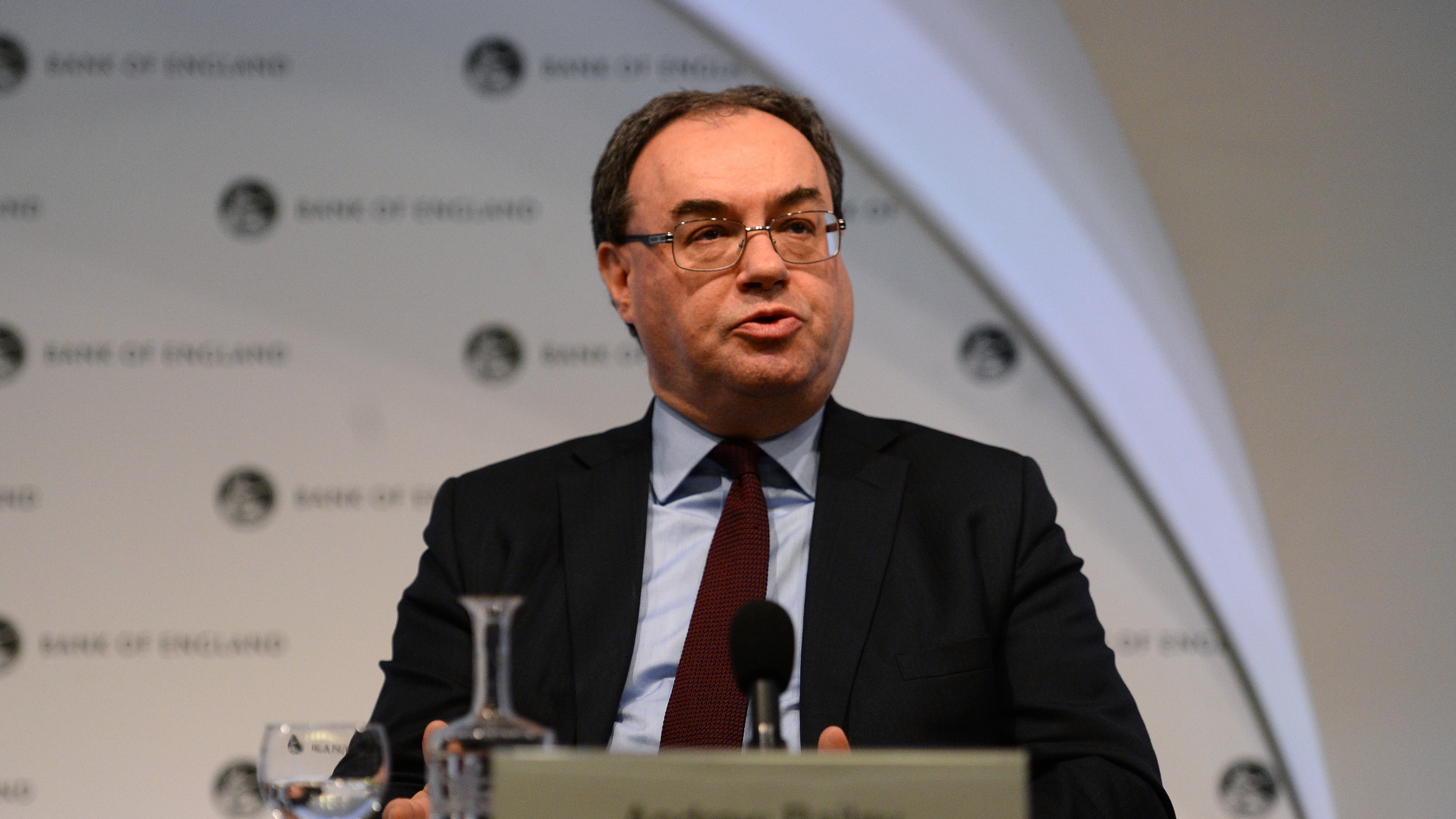 Interest rates: why the long era of ever-cheaper finance is finally over
Interest rates: why the long era of ever-cheaper finance is finally overfeature Bank of England is warning that hikes are ahead as inflation soars
-
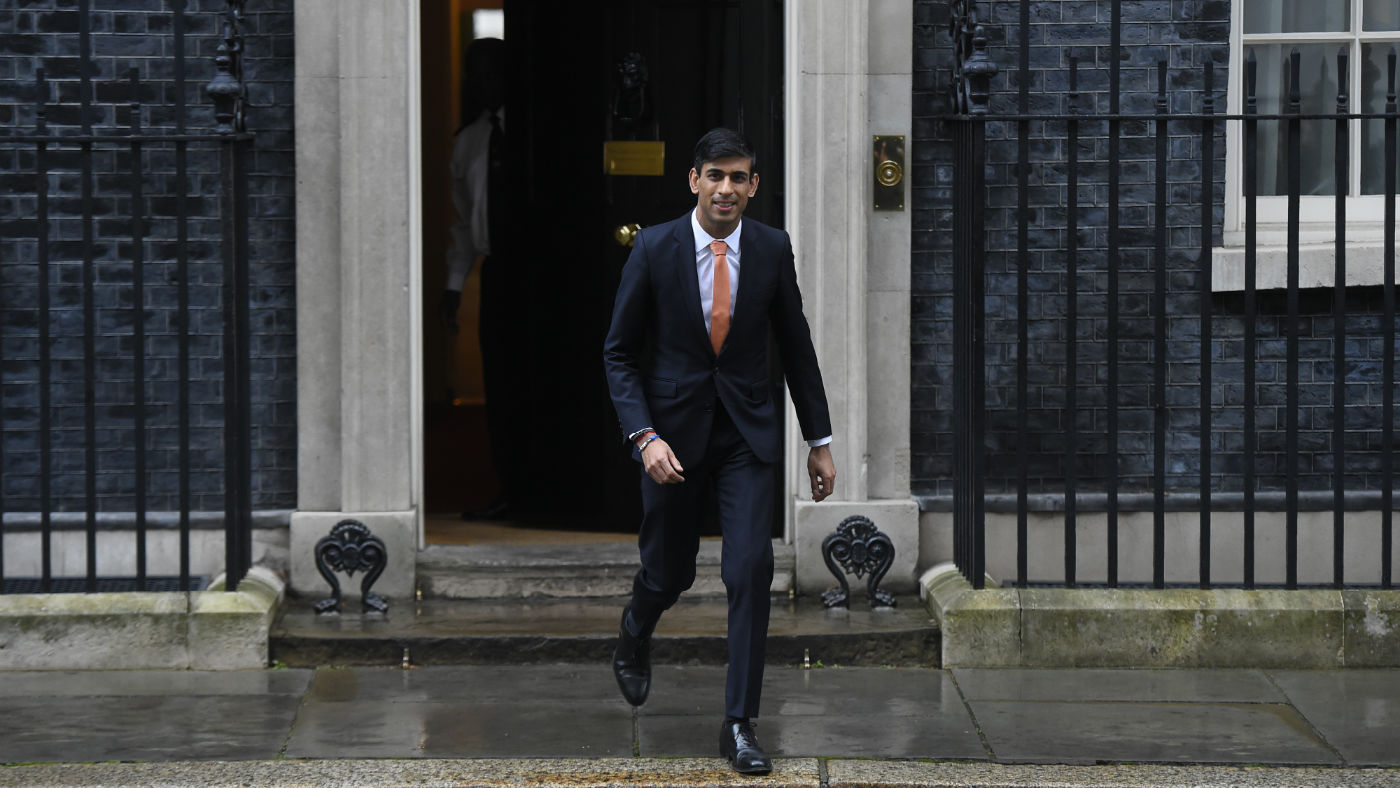 Will Rishi Sunak extend the stamp duty holiday?
Will Rishi Sunak extend the stamp duty holiday?Today's Big Question Reports suggest that the chancellor is considering a six-week addition to the tax break
-
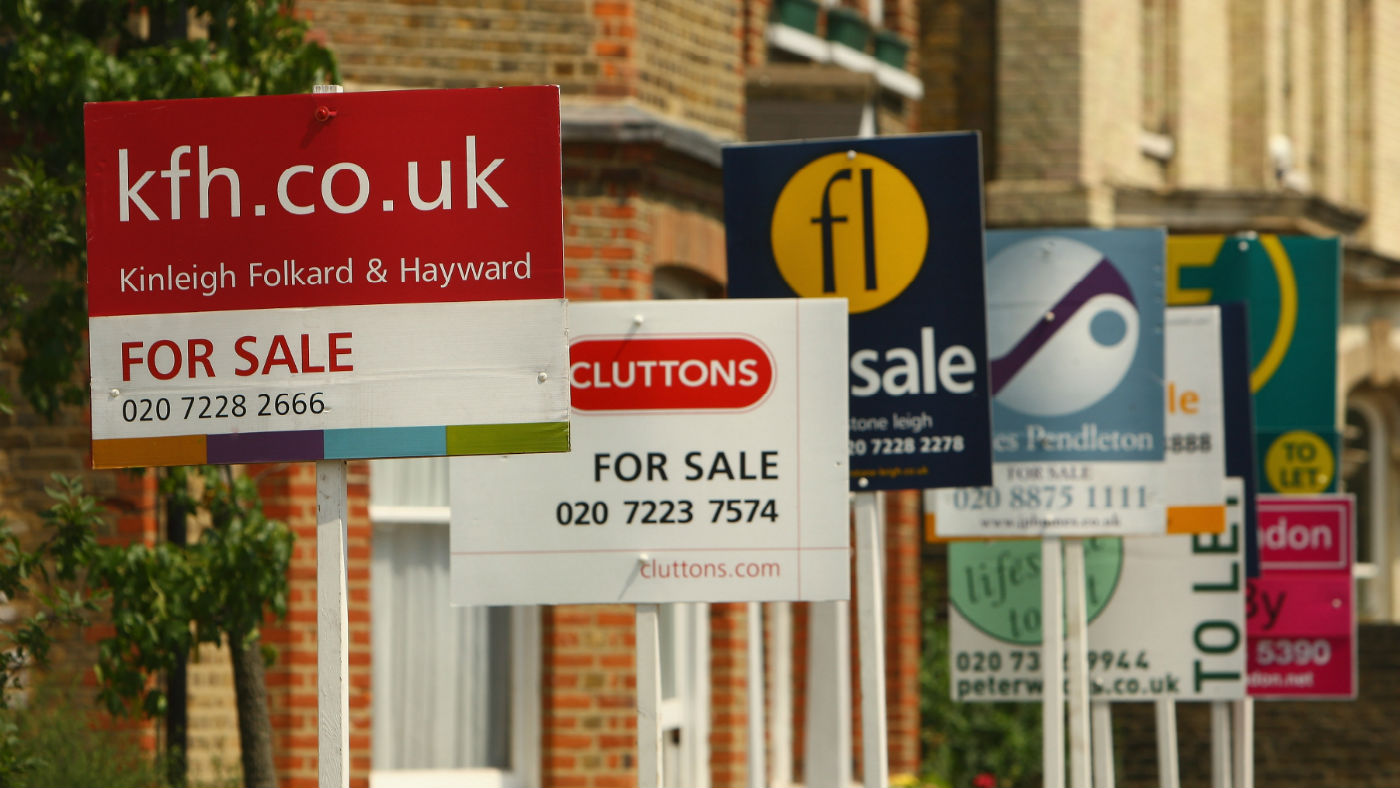 UK house prices predictions: busiest December in decade - followed by slowdown in 2021
UK house prices predictions: busiest December in decade - followed by slowdown in 2021Speed Read Zoopla forecasts that only 50% of sales will complete before end of stamp duty holiday
-
 UK house prices fall as sellers race to beat stamp duty deadline
UK house prices fall as sellers race to beat stamp duty deadlineSpeed Read Dip comes amid surge in properties being sold at Homes Under the Hammer-style auctions
-
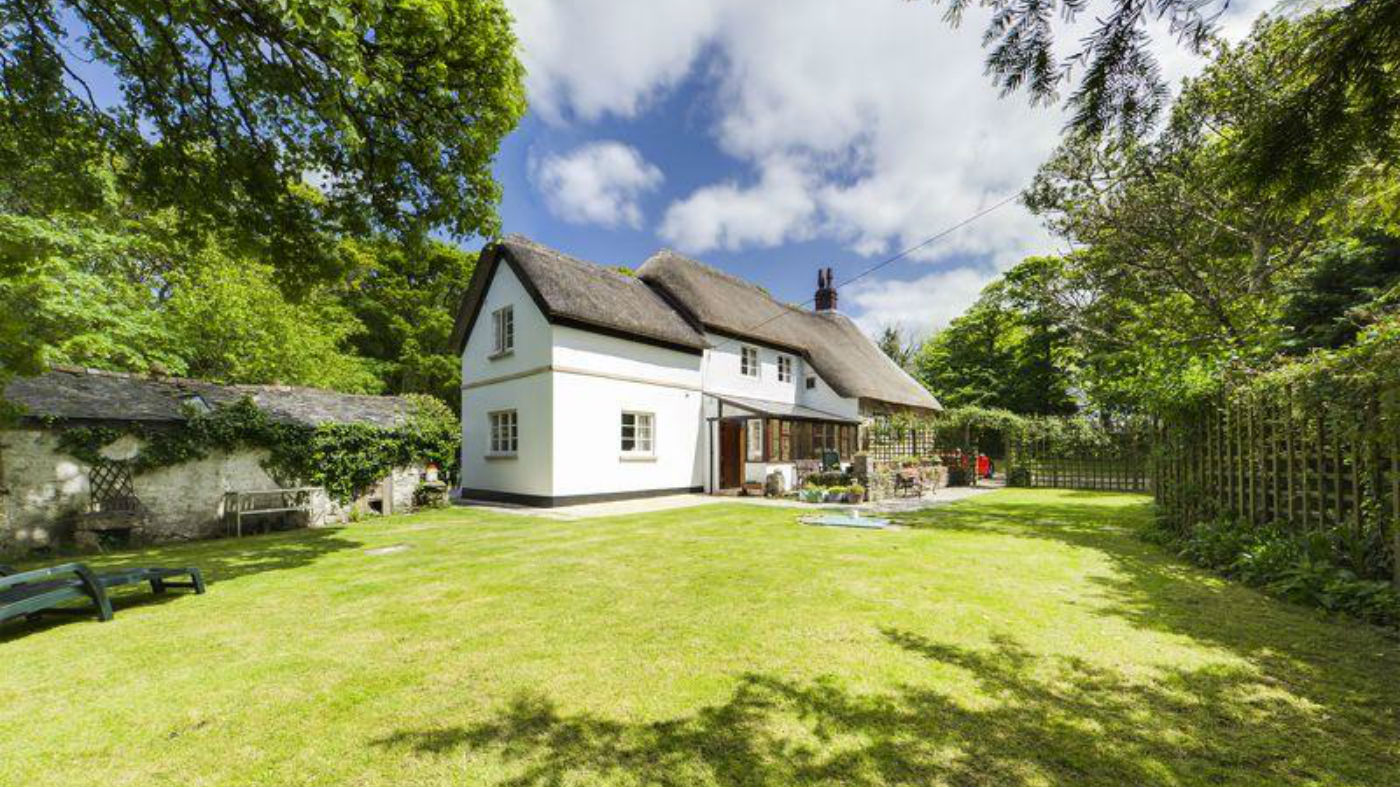 Three- and four-bedroom houses selling at record prices
Three- and four-bedroom houses selling at record pricesSpeed Read Buyers seeking ‘second-stepper homes’ push average asking price to more than £290,000
-
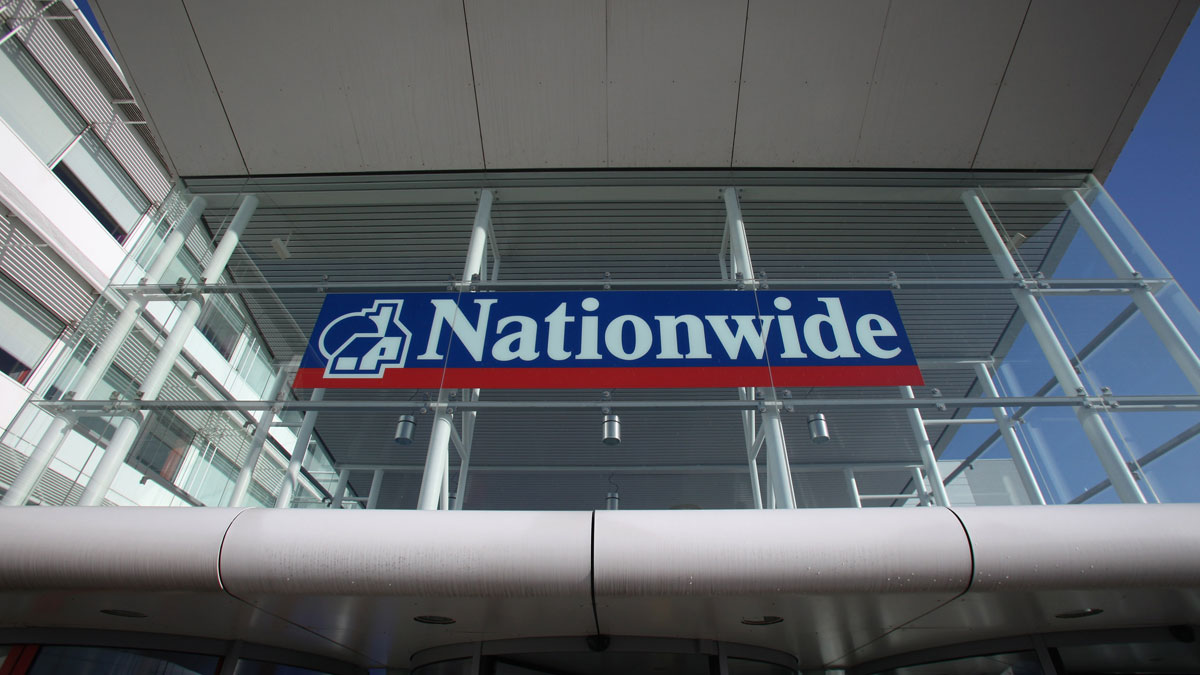 Nationwide triples minimum deposit for UK first-time buyers
Nationwide triples minimum deposit for UK first-time buyersSpeed Read Average minimum deposit rises by more than £20,000